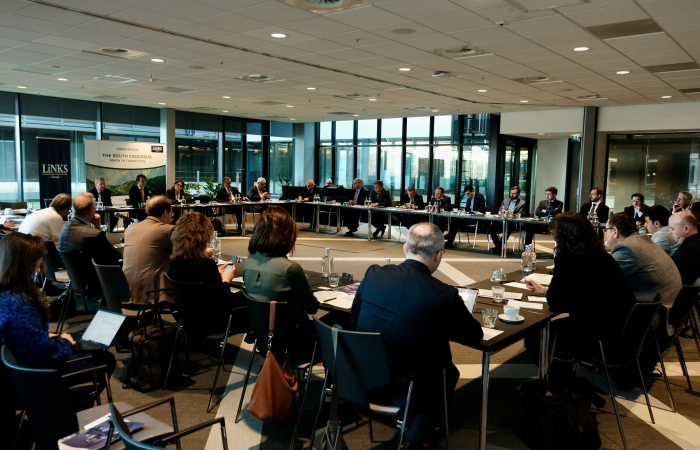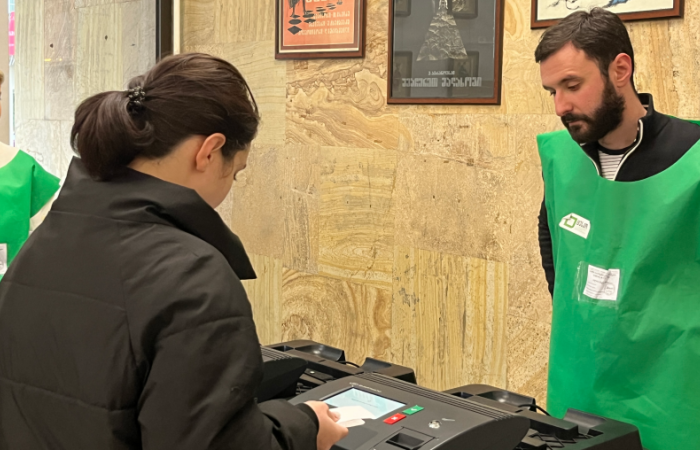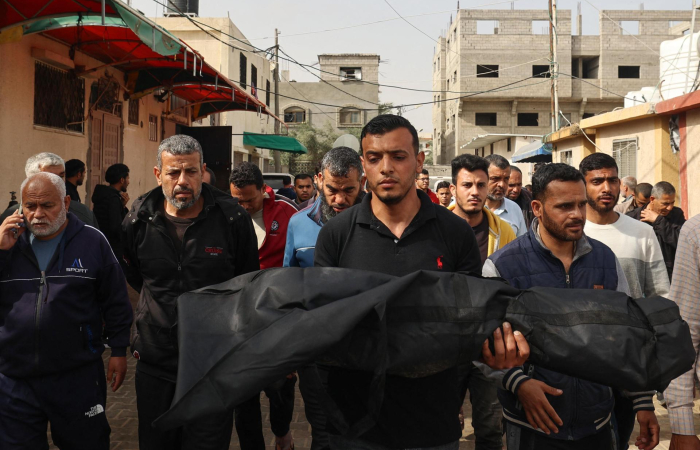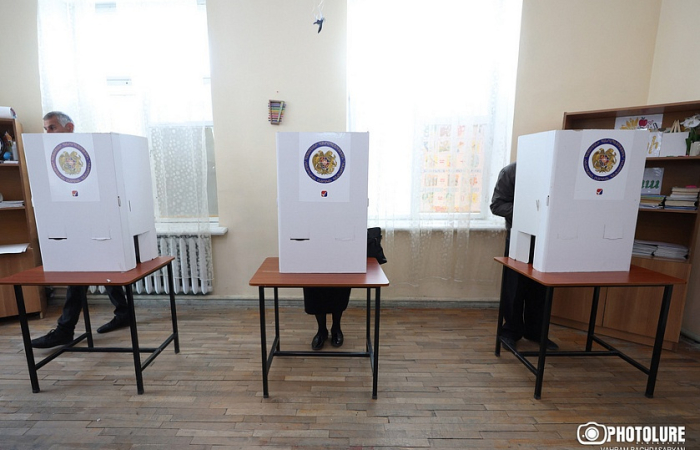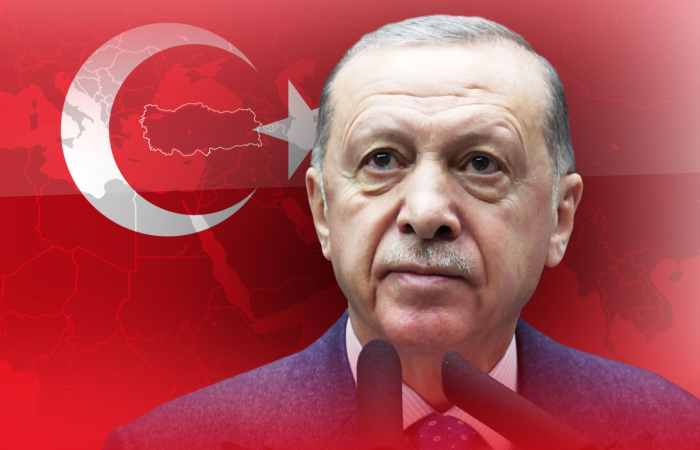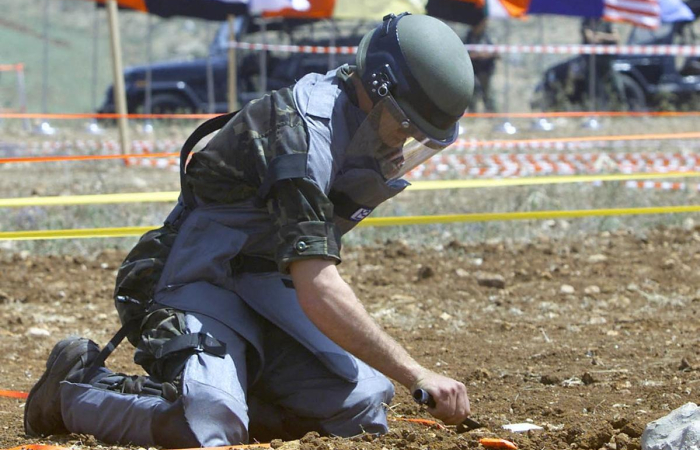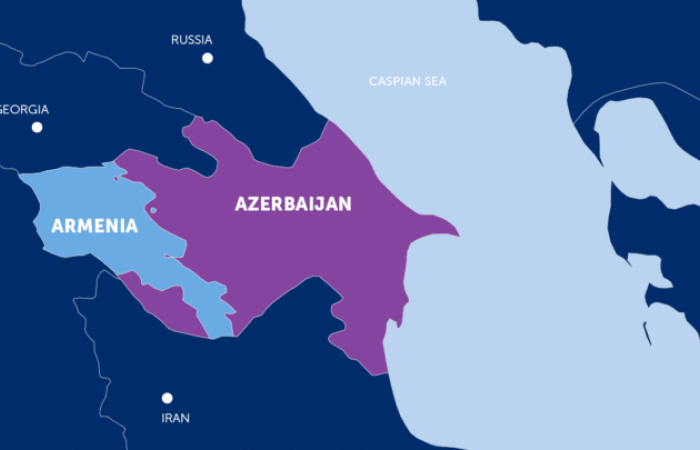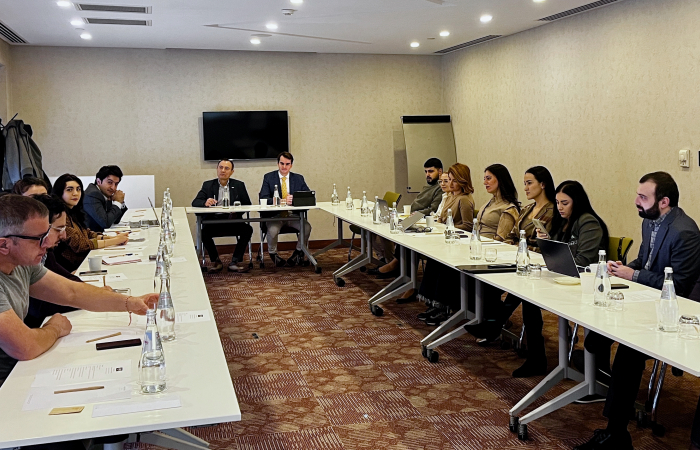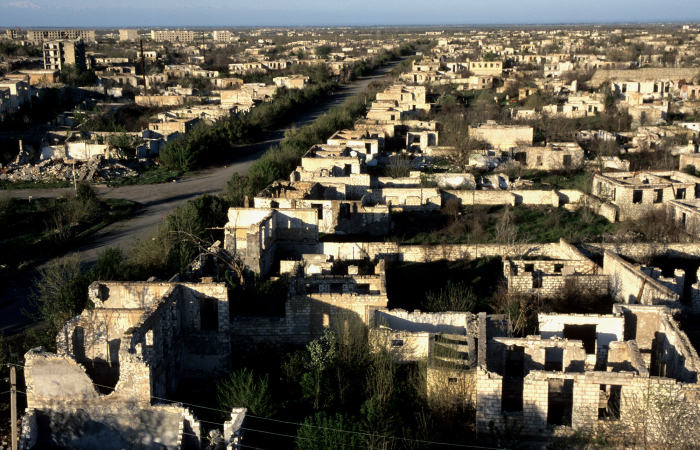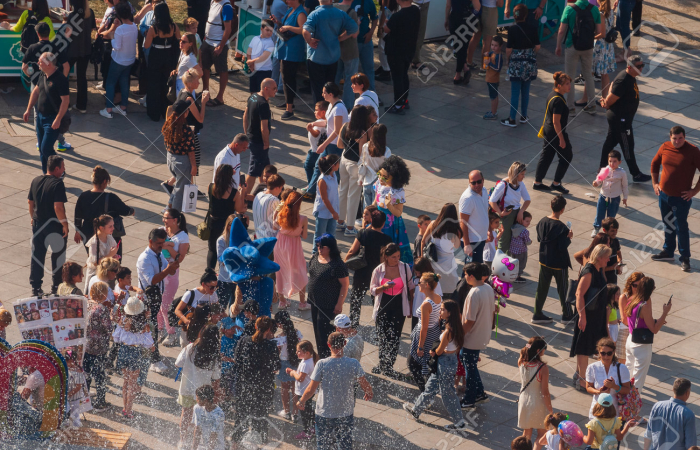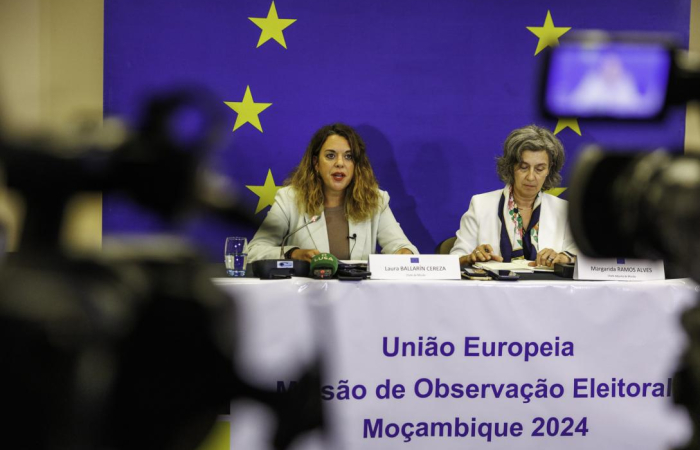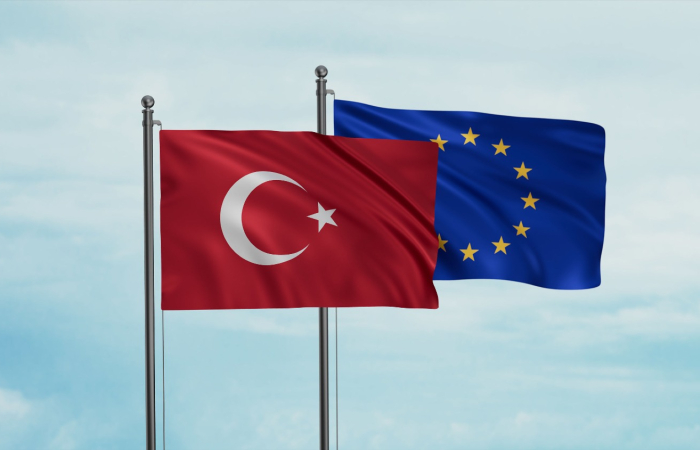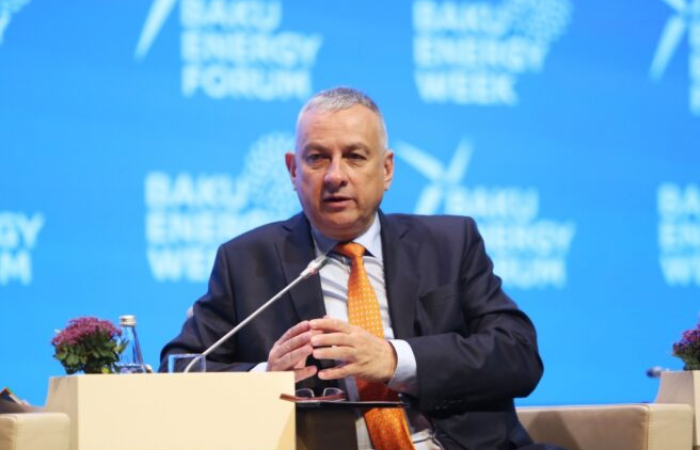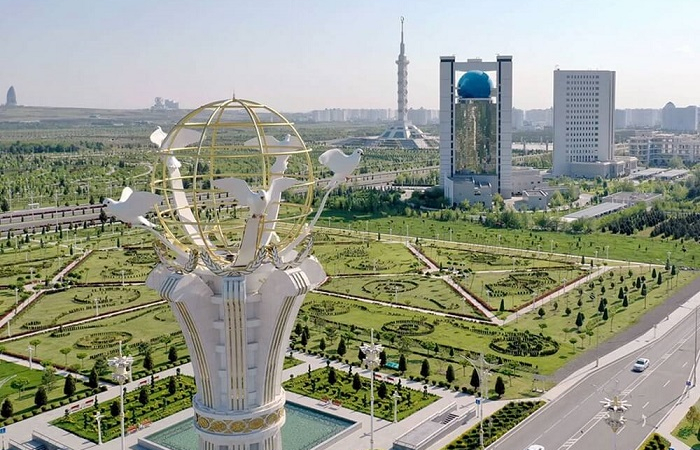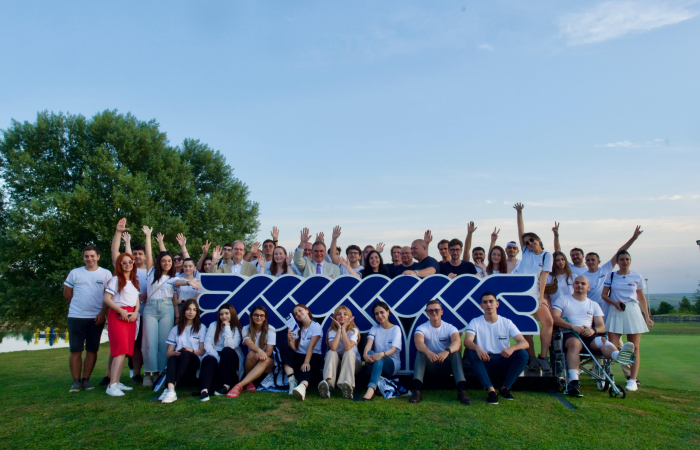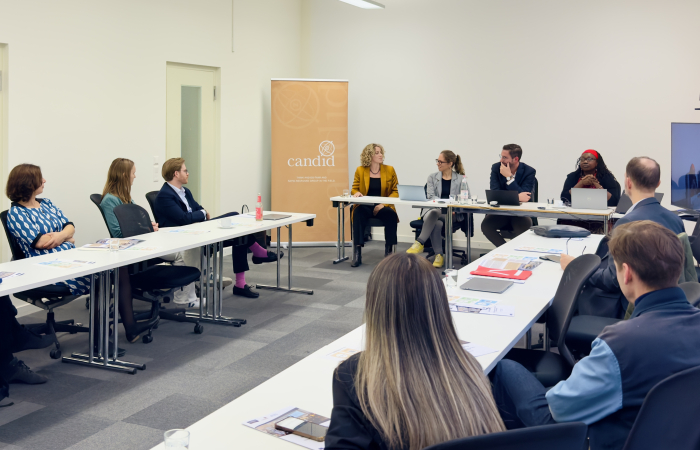- Conflict and Peace
- Joint Armenian-Azerbaijani Liaison Group (JOLIG)
- Diplomacy
- Geostrategic Europe
- EU plus
- South Caucasus
- Türkiye and the Levant
- Nearly 400,000 displaced in military operations since end of Gaza ceasefire
- Georgia's Central Election Commission adopts amendments restricting election observation
- Gyumri Election Highlights Growing Challenge to Pashinyan’s Rule
- LINKS Europe holds expert conference in The Hague on political transition in the South Caucasus
- Finland, Poland and Baltic countries to withdraw from anti-personnel mine ban treaty due to Russian threat
- Türkiye’s changing and growing role in the South Caucasus
Focus on the South Caucasus
Voices - Opinion and analysis
Focus on Central Asia
Focus on NGOs
commonspace.eu is an activity of LINKS Europe, an independent foundation based in The Hague, The Netherlands. We focus on issues related to European peace and security, Europe's neighbouring regions, including Eastern Europe, the Caucasus and Central Asia; North Africa and the Sahel, the Horn of Africa and the Arabian Peninsula. LINKS Europe is committed to contributing to a better future by increasing understanding of complex foreign policy issues, by promoting dialogue and confidence-building as tools for helping to resolve conflict, and by engaging citizens in the process of building peace and security on the basis of solidarity and mutual respect. Through commonspace.eu, we aim to provide insights and analysis on different topics in our area of interest and a platform for diverse opinions.
Read LINKS Europe's work programme for the two-year period 2024-2025 here



